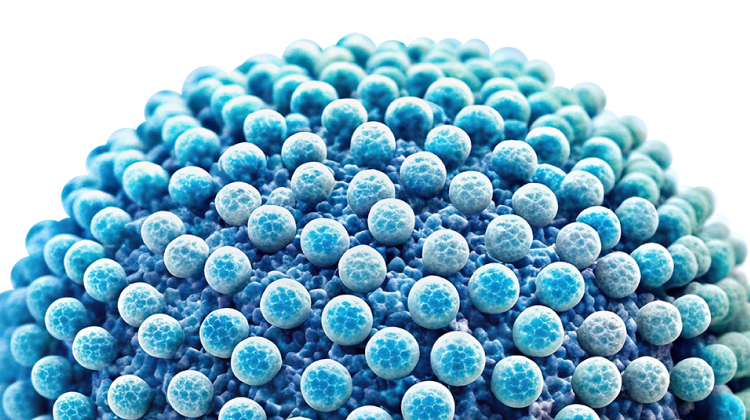Vecell Liposomes play a crucial role in the delivery of nutrients to cells by enhancing the bioavailability and stability of these nutrients. Here are the key roles they perform:
Vecell liposomes are spherical vesicles composed of phospholipid bilayers that can encapsulate both hydrophilic and lipophilic substances. This structure helps protect the encapsulated nutrients from degradation by enzymes and acids in the gastrointestinal tract, thereby increasing their stability and allowing them to reach their target sites more effectively*.
The phospholipid composition of Vecell liposomes is similar to that of cell membranes, which facilitates the fusion of Vecell liposomes with cell membranes. This fusion process enhances the absorption of nutrients into cells, improving their bioavailability compared to non-liposomal forms*.
Vecell liposomes can be engineered to release their contents at specific times or locations within the body. This controlled release mechanism ensures that nutrients are delivered efficiently to the intended site of action, enhancing their therapeutic efficacy and reducing the frequency of dosing*.
Vecell liposomes are biocompatible. Their versatile nature allows them to encapsulate a wide range of nutrients, including vitamins and minerals, and deliver them effectively to specific tissues or cells*.
Overall, Vecell liposomes serve as an effective delivery system for nutrients, improving their absorption, stability, and targeted delivery to cells, which can be particularly beneficial in both pharmaceutical and nutraceutical applications*.

Vecell liposomal technology offers several key advantages for dietary supplements:
Liposomes protect nutrients from degradation in the digestive tract and increase absorption, allowing greater bioavailability compared to traditional supplements*.
The phospholipid structure of liposomes allows them to fuse with cell membranes, facilitating direct delivery of nutrients into cells*.
Liposomes shield vitamins and other active ingredients from stomach acid, enzymes, and oxidation, preserving their potency*.
Liposomes can help transport nutrients to specific tissues or organs in the body*.
The enhanced absorption and delivery may allow for lower doses to achieve the same effects as higher doses of traditional supplements*.
Liposomal supplements may cause less gastrointestinal irritation, making them suitable for those with digestive issues*.
Liposomes can encapsulate both water-soluble and fat-soluble compounds*.
The liposomes themselves provide phospholipids that support cell membrane health*.
Overall, Vecell liposomal technology aims to overcome limitations of conventional supplements by improving absorption, efficacy, and tolerability. This makes it a promising approach for enhancing the delivery and effectiveness of dietary supplements.

